Are Google images free to use? Images are a powerful way to enhance content and make it visually appealing. We’ve all used Google Images to find photos to include in blogs, social media posts, presentations, etc. Were you aware that not all images discovered on Google can be freely copied and used? Many assume it’s fair game if an image appears in search results. But that’s only sometimes the case when it comes to copyright.
Google Images can be freely used for personal purposes; nevertheless, permission from the copyright holder is necessary for commercial endeavors like publications unless the image is labeled with a Creative Commons license, which allows modifications and commercial use. Always give credit to the photographer when using images from search engines.
Understanding image copyright can be tricky when searching online. Google aims to make proper usage clear by labeling images. But it’s still best to do extra research before copying an image you find. A reverse image search can help track the source to check for licensing details or obtain permission. With simple guidelines, you can add powerful visuals without risking copyright issues. In this article, we will see more about “Are Google images free to use?”.
Contents
Google Images and Copyright Information
While Google Images provides easy access to millions of photos, it’s essential to understand the copyright issues around using images found there. Just because an image appears on Google doesn’t mean you can freely use it.
Most images are indeed protected by copyright laws, granting creators rights over how their work is utilized. One can use Google images free of copyright only. 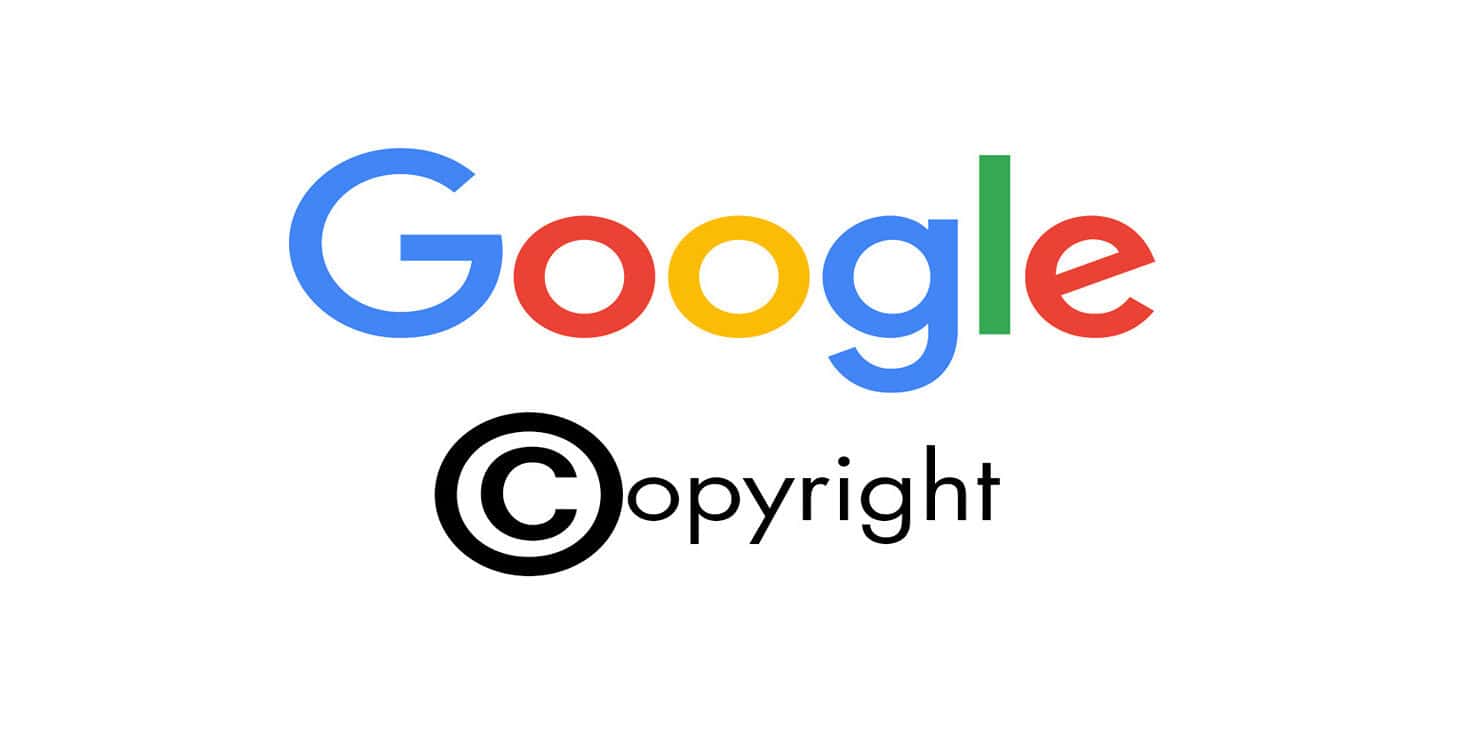 Sometimes, the creator allows limited use through licenses like Creative Commons. These may require credit or only allow non-commercial sharing.
Sometimes, the creator allows limited use through licenses like Creative Commons. These may require credit or only allow non-commercial sharing.
You should check for license details under the photo on Google. If it just says “All Rights Reserved,” you need permission from the copyright owner.
Another option is a reverse image search to find the source and check their policy. So now you know with this, you get a clear idea if all Google images are free to use.
It’s best to avoid using Google Images for commercial sites like businesses. Consider alternative sources like Unsplash and Pixabay, which provide images under more flexible licenses. You can also take your photos when possible.
Always be careful of trademarks, logos, or identifiable people in images. While stock photos provide opportunities, verify licenses to avoid legal risks with copyright infringement. Proper credit or permission is required to share most pictures found online. So, with this, you know that Google images are free to use.
See Also: Google Photos Vs One Drive [Full Review]
How to Use Google Images Free Without Copyright Issues
Let us look at how to use Google images free without copyright issues:
Using Google’s Advanced Image Search to filter by usage rights
Google Images has a tool called Advanced Image Search that allows you to filter images based on usage rights. During an image search, click on “Tools,” then select “Usage Rights” to access options such as “Creative Commons” or “Commercial use.” Images designated for commercial use can indeed be freely utilized for business purposes. 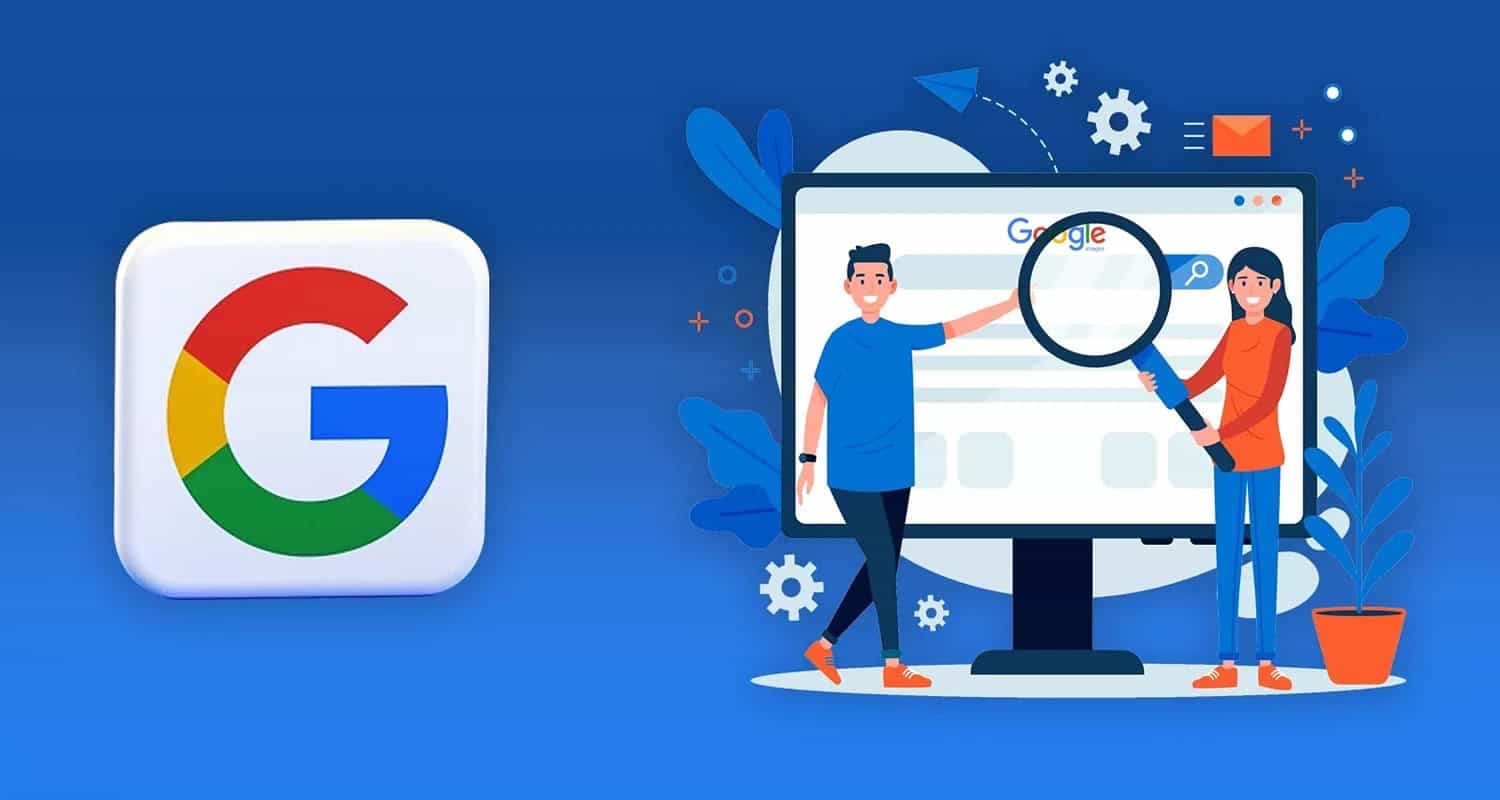 Creative Commons images require attribution and may have other restrictions depending on the license type. This helps narrow down images that are more likely to be royalty-free. So, with this, you can get Google images for free download.
Creative Commons images require attribution and may have other restrictions depending on the license type. This helps narrow down images that are more likely to be royalty-free. So, with this, you can get Google images for free download.
Performing a reverse image search for image attribution and copyright information
Google also has a reverse image search feature where you can upload an image file or paste the URL to find where else that image appears online and find information about the copyright holder. 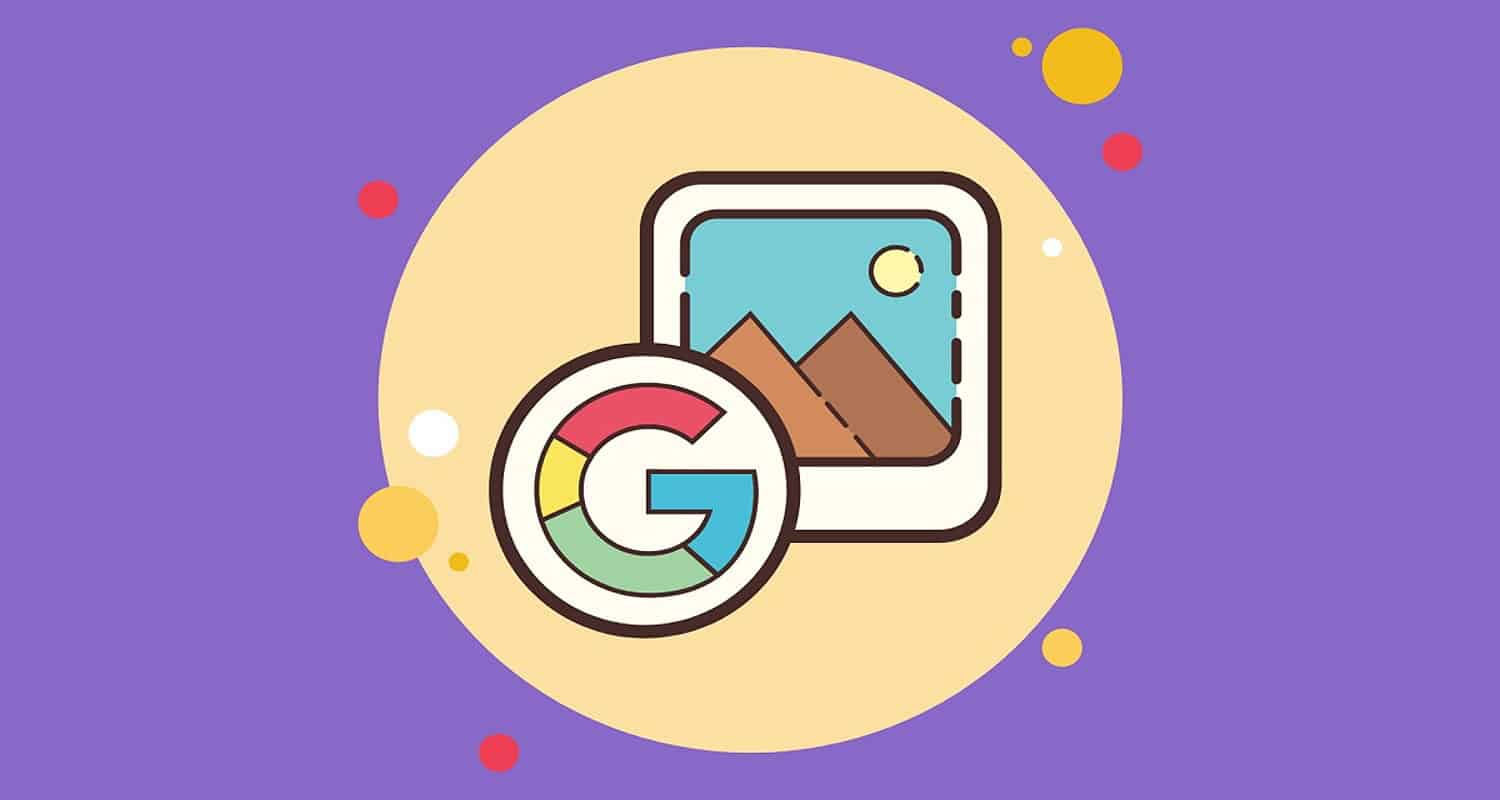 Right-click on an image and select “Search Google for image,” or go to images.google.com and click the camera icon to perform a reverse image search. Tracking the source is essential for getting permission to use copyrighted images.
Right-click on an image and select “Search Google for image,” or go to images.google.com and click the camera icon to perform a reverse image search. Tracking the source is essential for getting permission to use copyrighted images.
Linking to Original Sources
Even when an image is designated for commercial use, it is considered best practice to provide proper attribution whenever feasible by linking to the source website or the photographer/artist page.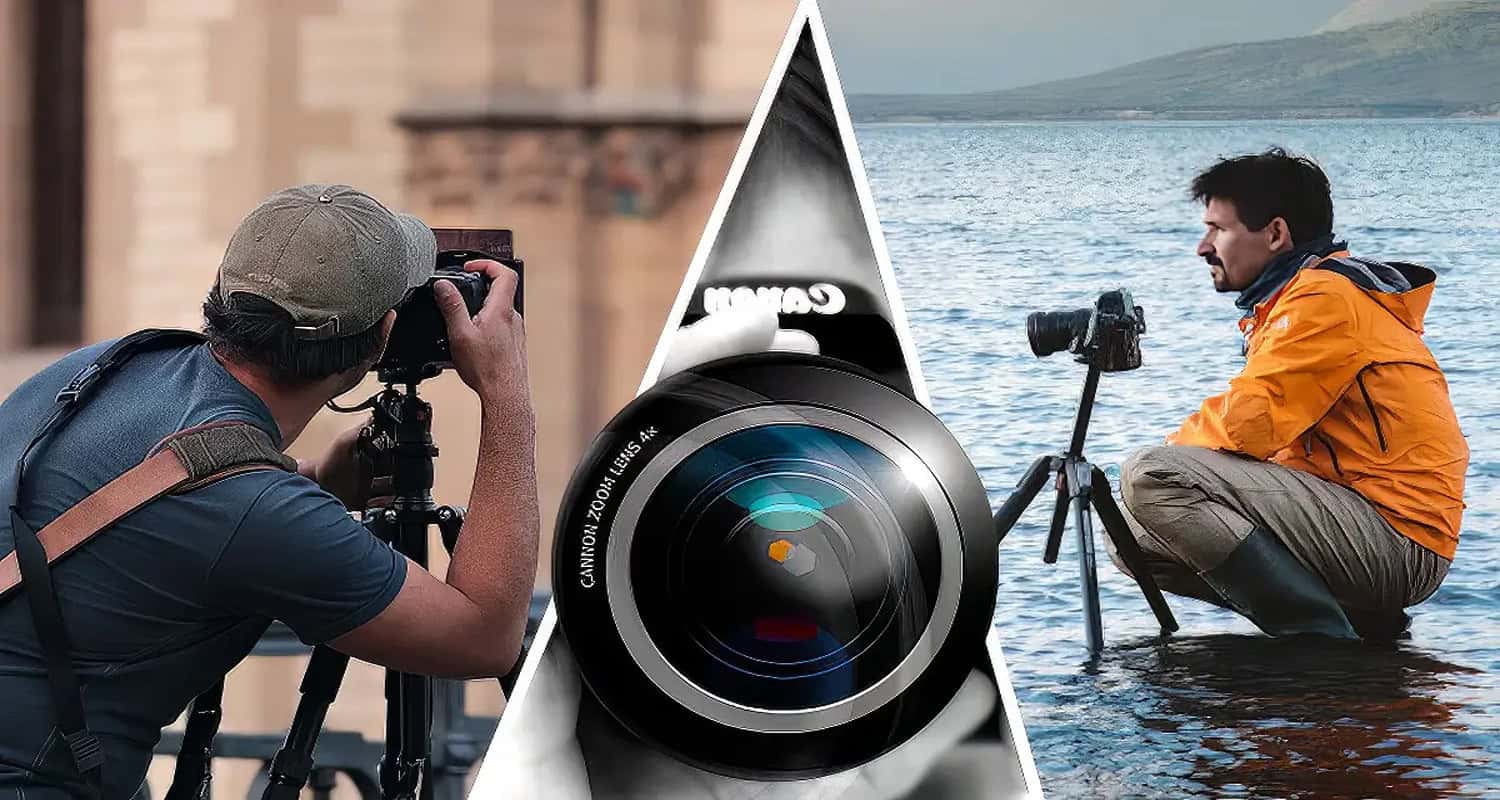 Watermarks or logos should also remain intact. This helps search engines determine the relevance and authority of content while benefiting the copyright holder through backlinks and exposure.
Watermarks or logos should also remain intact. This helps search engines determine the relevance and authority of content while benefiting the copyright holder through backlinks and exposure.
Creative Commons-Licensed Images
Images labeled with a Creative Commons license are free to use with certain conditions indicated by the license type (e.g., Attribution, ShareAlike). CC images can be used personally and commercially if attribution is given to the creator.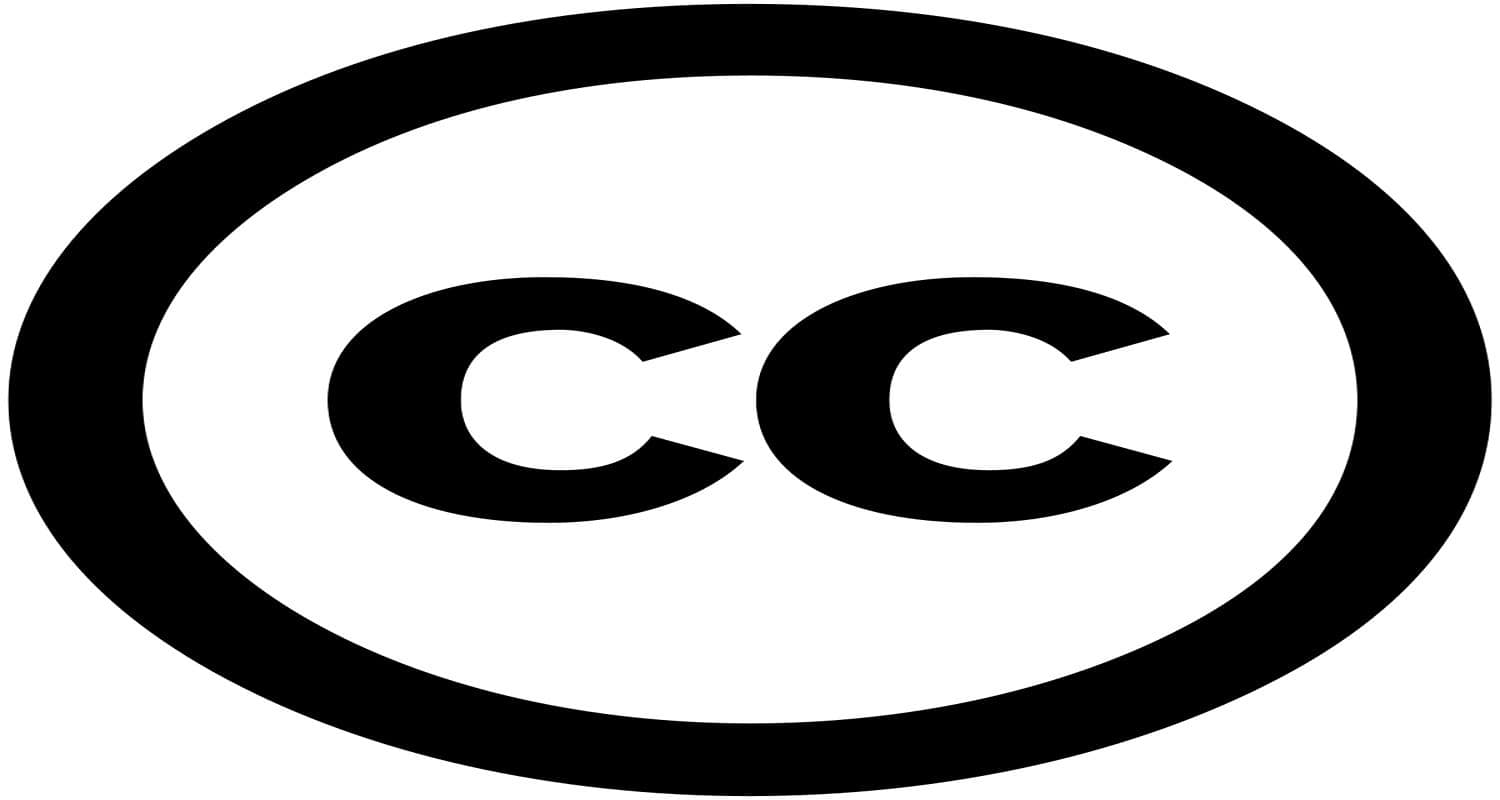 Some CC images may have additional requirements around derivatives or sharing alike. So, with a standard creative license, you can get Google images free to use and share.
Some CC images may have additional requirements around derivatives or sharing alike. So, with a standard creative license, you can get Google images free to use and share.
Stock Photo Sites such as Unsplash.com
Stock libraries such as Unsplash provide high-quality, royalty-free photos for personal and commercial use without the need to credit the photographer. 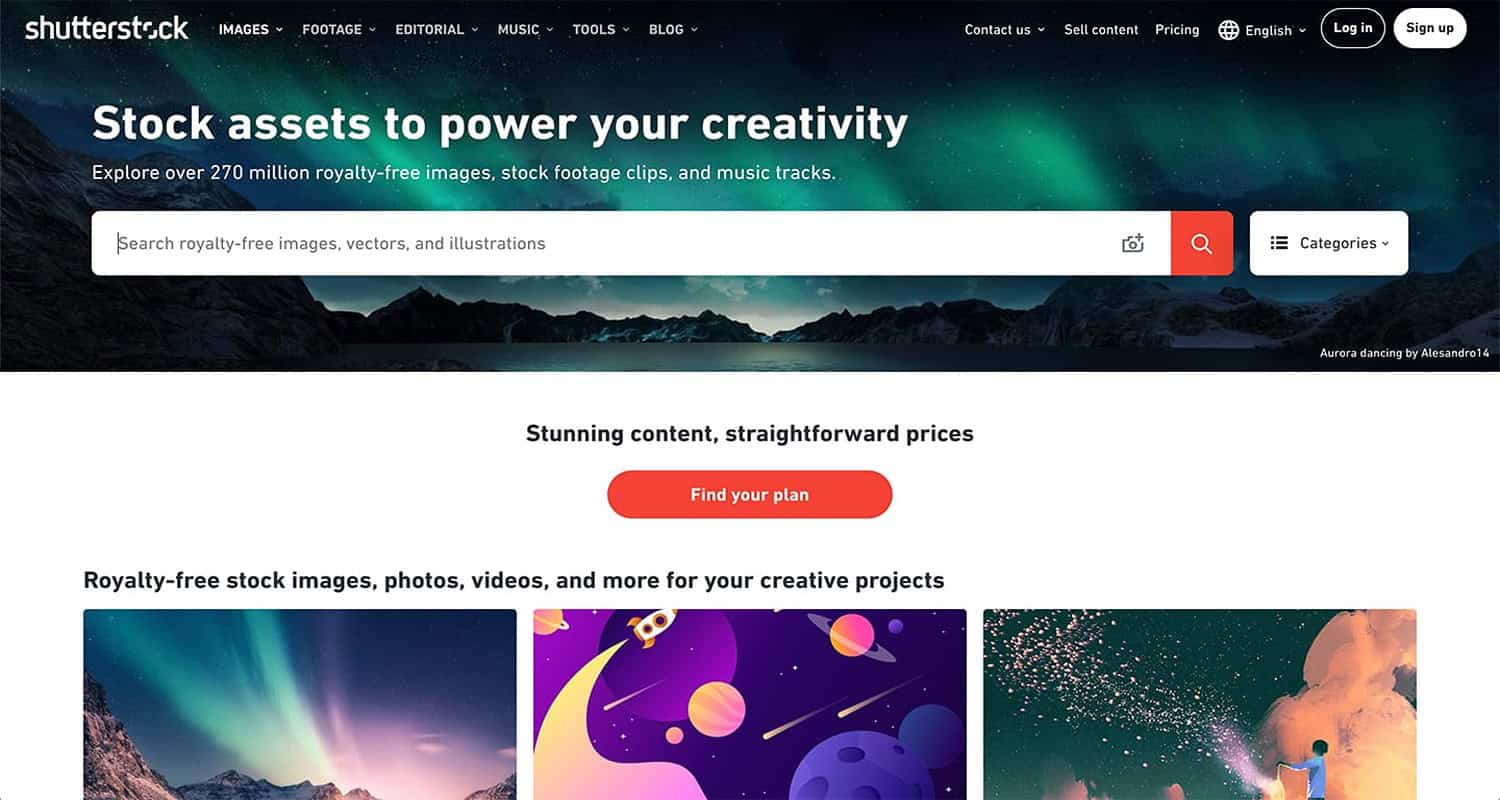 Other popular sites are Pexels, Burst, and Picjumbo, providing copyright-free images under similar terms to Unsplash. These are safer alternatives to Google Images for sourcing photos.
Other popular sites are Pexels, Burst, and Picjumbo, providing copyright-free images under similar terms to Unsplash. These are safer alternatives to Google Images for sourcing photos.
Using Your Photos
For complete peace of mind, consider taking your photos or having a photographer take custom images specifically for your needs. You’ll automatically own the copyright and don’t need to worry about proper usage rights.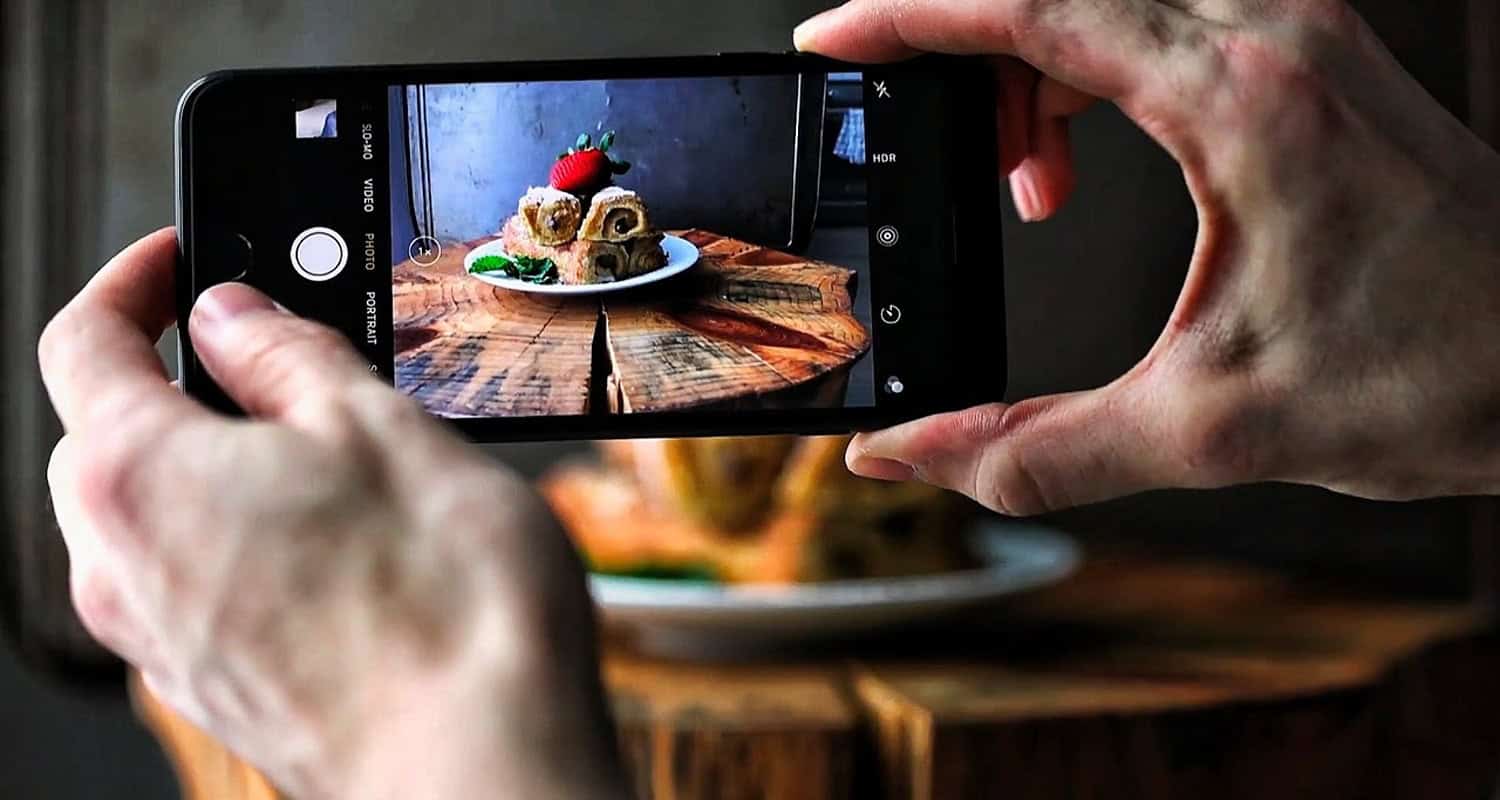 Snap some lifestyle shots, product photos, or scenes related to your business or industry to use on websites and marketing materials.
Snap some lifestyle shots, product photos, or scenes related to your business or industry to use on websites and marketing materials.
In the above ways, you can get Google images free for use
See Also: How To Transfer Photos From iPhone To Chromebook.
FAQs
What do people use Google Images for?
Google Images is a search engine for finding images online. People use Google Images to search for and discover photos for personal, educational, and commercial purposes like websites, presentations, articles, and social media posts.
What is fair use of Google Images?
Fair use means using copyrighted content like images for purposes such as commentary, criticism, news reporting, or education without permission from the copyright holder. Merely copying an image from Google Images and using it without the appropriate license or permission would not qualify as fair use. Proper attribution and only using portions of images are factors in determining fair use.
Are Google Images private?
No, Google Images is a public search engine. When you upload or search for images on Google Images, your search terms and photos are not private. Google may collect and use your image search and upload activity for business purposes, such as improving search algorithms.
Is Google Images search safe?
Google takes steps to filter out explicit or dangerous content from image search results. Nonetheless, it's important to acknowledge that inappropriate content, like with any search engine, may still be encountered. It's best to have parental controls enabled when children use Google Images. Users should also be wary of downloading images from unknown sources online for security reasons.
Conclusion
When saving Google Drive photos to your iPhone, it’s important to remember the guidelines for using Google Images. While Google Images can be freely used for personal, non-commercial purposes like sharing on social media or for school projects, obtaining permission from the photographer is essential for commercial publications or selling products that feature images from Google.
To adhere to copyright regulations, it is advisable to search for images labeled as ‘free to use’ or those covered by a Creative Commons license, which permits commercial use. Also, always remember to provide proper photo credit to avoid copyright issues. By following these responsible practices, you can take advantage of the vast resources of free images offered by Google Images. Learn How to Transfer Ownership of a Google Drive Folder.
Explore the various scenarios in which Google reviews search by name can be beneficial, from investigating businesses to evaluating professionals and beyond.

Meet Carrie-Ann Skinner, our Apps & Games Editor with over 2 decades of experience in online and print journalism, specializing in all things tech.
